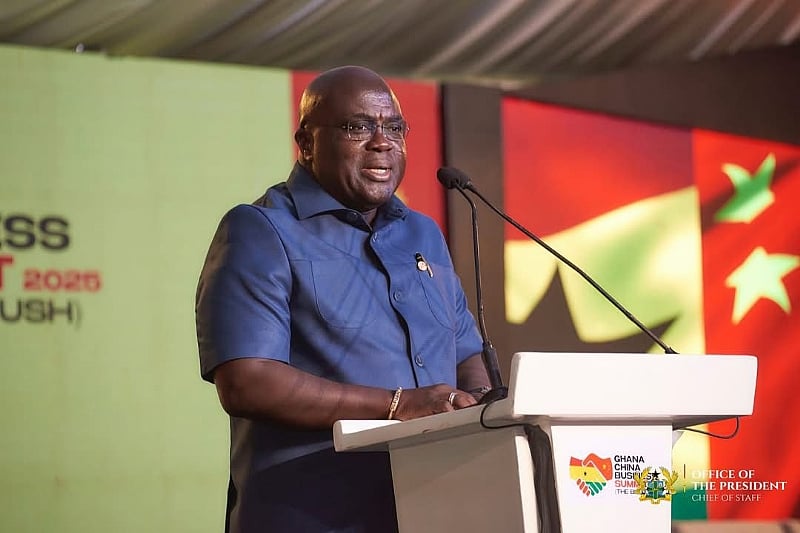The National Democratic Congress (NDC) government in Ghana has unveiled an ambitious plan to empower its citizenry with cutting-edge digital skills, aiming to train 500,000 youth and women in areas such as Artificial Intelligence (AI), FinTech, and other emerging technologies by 2028. This initiative, announced by Chief of Staff Julius Debrah, is a significant component of the government’s broader “1 Million Coder Program,” a nationwide endeavor designed to equip Ghanaians with the necessary skills to navigate and thrive in the rapidly evolving digital economy. The program emphasizes inclusivity, ensuring that women, persons with disabilities, and rural youth are actively involved in this transformative digital upskilling initiative. This strategic move is poised to position Ghana as a leading digital hub in West Africa, driving economic growth and creating opportunities for its citizens.
The government’s commitment to digital transformation is underscored by its multi-pronged approach, which involves leveraging public-private partnerships to ensure the program’s sustainability and effectiveness. The 1 Million Coder Program encompasses a wide range of in-demand digital skills, including coding, cybersecurity, data analytics, and AI, reflecting the government’s understanding of the multifaceted nature of the digital landscape. This comprehensive training program will not only empower individuals with valuable skills but also contribute to the overall growth of the digital economy in Ghana. The focus on AI, FinTech, and emerging technologies demonstrates a forward-thinking approach, preparing Ghanaians for the future of work and ensuring the country’s competitiveness in the global digital arena.
The initiative aligns with key manifesto commitments, further solidifying the government’s dedication to digital advancement. These commitments include the establishment of a National Digital Development Council in early 2026, a body that will likely oversee and coordinate digital initiatives across the country. Another significant commitment is the completion of the Eastern Corridor Fiber Optic Project by 2027, which will significantly enhance internet connectivity and access, particularly in underserved areas, further enabling the widespread adoption of digital skills and technologies. These infrastructural developments are crucial for bridging the digital divide and ensuring that the benefits of the digital economy reach all segments of society.
The NDC government’s digital strategy anticipates significant economic benefits, projecting the creation of over 200,000 direct digital jobs and contributing more than $2 billion annually to digital exports by the end of the plan period. This ambitious target highlights the government’s belief in the transformative power of the digital economy and its potential to drive substantial economic growth and development. The focus on digital exports signifies a strategic move to leverage Ghana’s growing digital talent pool to compete in the global market, generating revenue and solidifying the country’s position as a digital powerhouse in the region.
The 500,000 youth and women targeted for training in AI, FinTech, and emerging technologies represent a significant investment in human capital. By equipping this demographic with cutting-edge skills, the government aims to create a dynamic workforce capable of driving innovation and entrepreneurship in the digital space. This focus on empowering youth and women is particularly significant as it addresses potential gender disparities in the tech sector and ensures that these demographics are actively involved in shaping the future of Ghana’s digital economy.
The government’s inclusive approach, emphasizing the participation of women, persons with disabilities, and rural youth, underscores its commitment to equitable access to opportunities in the digital age. By ensuring that no one is left behind in this digital transformation, the government is fostering a more inclusive and equitable society where everyone can benefit from the advancements in technology. This commitment to inclusivity is essential for maximizing the social and economic impact of the digital revolution and ensuring that its benefits are shared widely across all communities.


